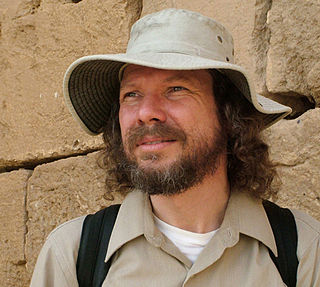A Quote by John Gresham Machen
What is the relation between Christianity and modern culture; may Christianity be maintained in a scientific age? It is this problem which modern liberalism attempts to solve.
Related Quotes
It [the scientific revolution] outshines everything since the rise of Christianity and reduces the Renaissance and Reformation to the rank of mere episodes, mere internal displacements, within the system of medieval Christendom. . . . It looms so large as the real origin of the modern world and of the modern mentality that our customary periodization of European history has become an anachronism and an encumbrance.
With an abstract idea it is possible to enter into a relation of formal knowledge, to become enthusiastic about it, and perhaps even to put it into practice; but it can never be followed in personal obedience. Christianity without the living Christ is inevitably Christianity without discipleship, and Christianity without discipleship is always Christianity without Christ.
There is a quality of lightness, easiness, and in some sense blatant unseriousness that pervades Classical Christianity's dialogue with modernity. The Christian intellect has no reason to be intimidated in the presense of later-stage modernity. Christianity has seen too many 'modern eras' to be cowed by this one.
As for Christianity's alleged concern with truth, Christian faith is to free inquiry what the Mafia is to free enterprise. Christianity may be represented as a competitor in the realm of ideas to be considered on the basis of its merits, but this is mere disguise. Like the Mafia, if Christianity fails to defeat its competition by legitimate means (which is a forgone conclusion), it resorts to strong-arm tactics. Have faith or be damned - this biblical doctrine alone is enough to exclude Christianity from the domain of reason.
Well-referenced, with numerous quotations from renowned Egyptologists and classical scholars, Acharya's penetrating research clearly lays out the very ancient pre-Christian basis of modern Christianity. Those who espouse Christianity beware! After digesting the evidence, you will never again view your religion in the same light.



































